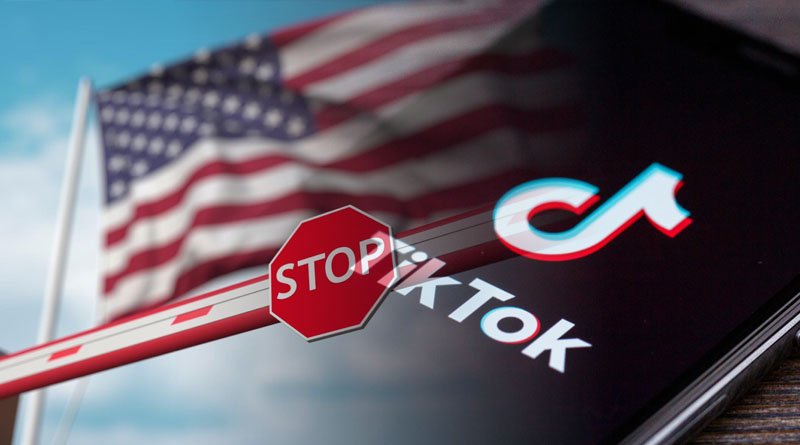By a vote of 24 to 16, lawmakers approved the legislation giving the administration new authority to ban the ByteDance-owned app and other security-risky apps.

In what would be the most extensive American restriction on any social media app, the U.S. House Foreign Affairs Committee voted on Wednesday along party lines to grant President Joe Biden the authority to ban TikTok, which is owned by China.
By a vote of 24 to 16, lawmakers approved the legislation giving the administration new authority to ban the ByteDance-owned app and other security-risky apps. Over 100 million Americans use this app.
“TikTok poses a risk to national security. Action is required now “Rep. Michael McCaul, the committee’s chairman and bill sponsor, is a Republican. “Anyone who has the Chinese Communist Party’s (CCP) TikTok app downloaded on their device has given the CCP a backdoor to all of their personal data. Their phone has a spy balloon in it.” Democrats opposed the bill, claiming that it needed more time for deliberation and expert consultation and that it was rushed.
The bill gives Biden the authority to prohibit any transactions with TikTok, which could prevent anyone in the United States from accessing or downloading the app on their phones. The bill is vague about how the ban would operate, however.
Additionally, the legislation would call for Biden to enact a ban on any organisation that “may” transfer sensitive personal data to a body under Chinese influence. Due to concerns that user data might fall into the hands of the Chinese government and jeopardies Western security interests, TikTok has come under increasing fire in recent weeks.
This week, the White House gave federal agencies 30 days to make sure that TikTok is not installed on any equipment or systems used by the government. TikTok has also been ban from being downloaded onto state-owned devices by more than 30 US states, Canada, and European Union policy institutions.
The fate of the latest measure is still uncertain and faces significant hurdles before it can become law. The bill would need to be passed by the full House and U.S. Senate, which is controlled by Democrats, before it can go to Biden.
The Biden administration has not said whether it is in favor of moving ahead with the bill or not, and White House spokesperson Karine Jean-Pierre said “TikTok poses a problem and an issue” as it relates to Americans’ data. Representative Gregory Meeks, the top Democrat on the committee, said he strongly opposed the legislation but understood concerns about TikTok.
The bill would require the administration to sanction TikTok and other subsidiaries of TikTok’s parent company, according to Meeks, who also added that the Republican instinct to ban things it fears, from books to speech, “appears uninhibited. ”
Because of concerns that user data might be given to China’s government, the powerful national security body known as the Committee on Foreign Investment in the United States (CFIUS) unanimously recommended in 2020 that ByteDance divest TikTok.
Data security requirements have been under discussion between TikTok and CFIUS for more than two years. TikTok denied claims of spying and claimed to have invested more than $1.5 billion in strict data security measures. Meeks wants the discussions to go on.
Meeks claimed that the bill’s “dangerously” broad restrictions on data transfers to China would necessitate U.S. sanctions against Korean and Taiwanese firms that provide Chinese firms with semiconductor chips and other equipment. ACL urged lawmakers to reject the proposal, describing it as “a serious violation of our First Amendment rights.”
Following the vote, McCaul told Reuters that he anticipates the House voting on the bill this month. After meeting with lawmakers on Capitol Hill last month, TikTok CEO Shou Zi Chew is scheduled to testify before the U.S. Energy and Commerce Committee on March 23.
